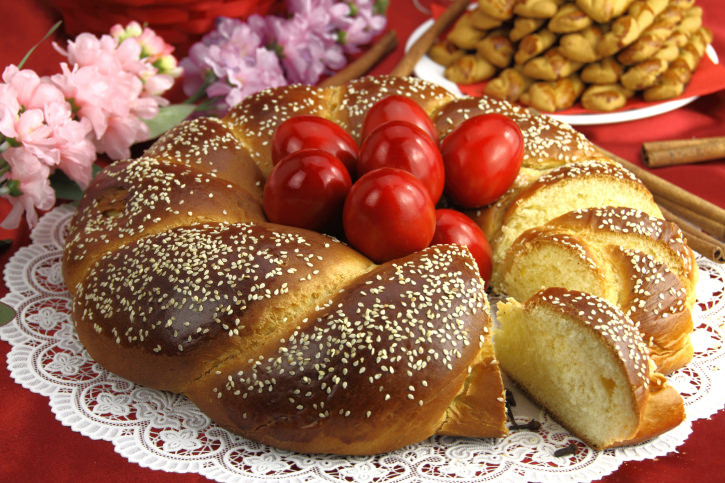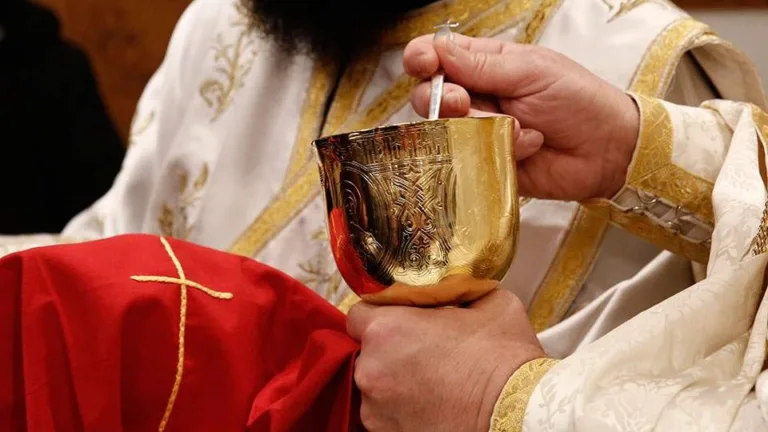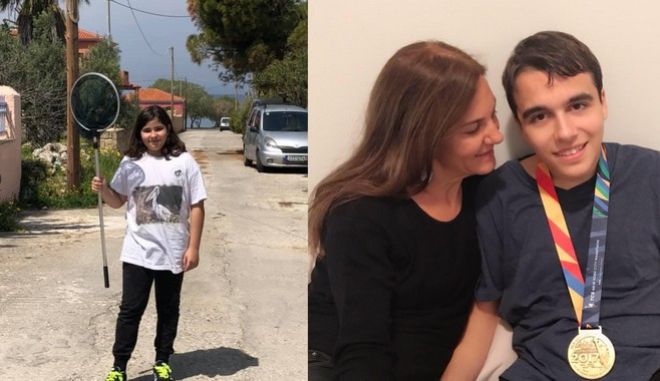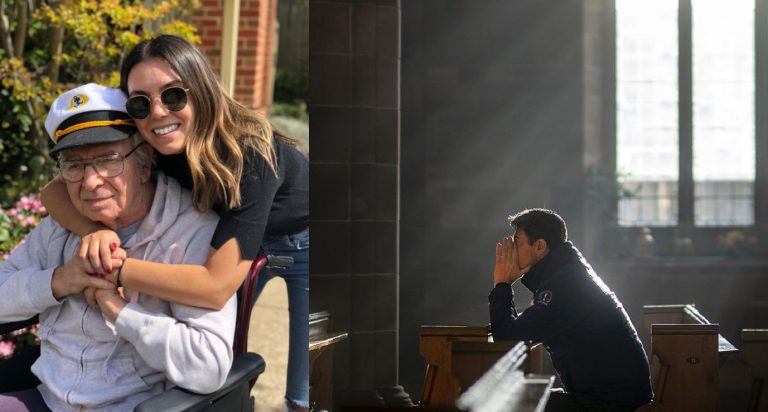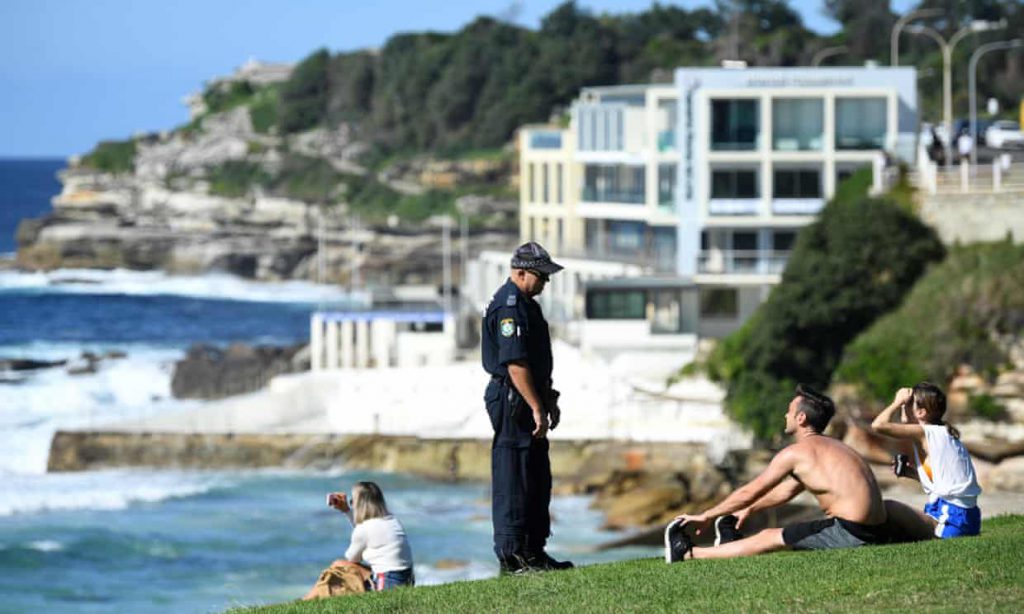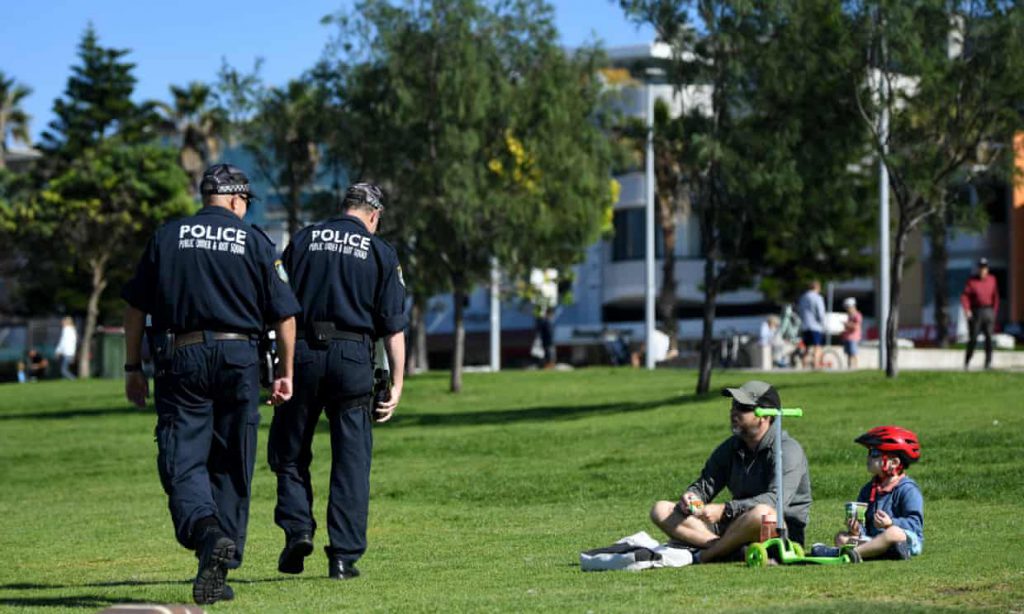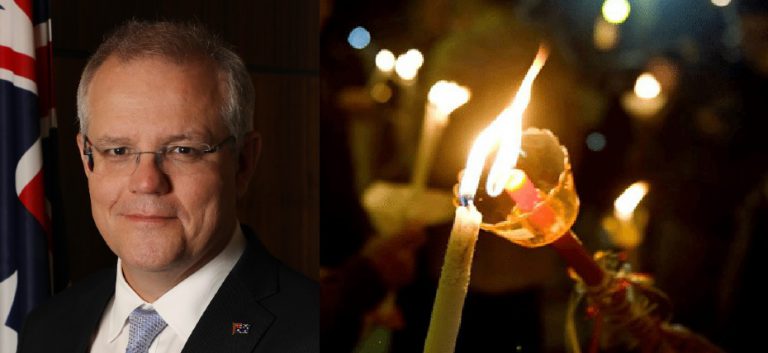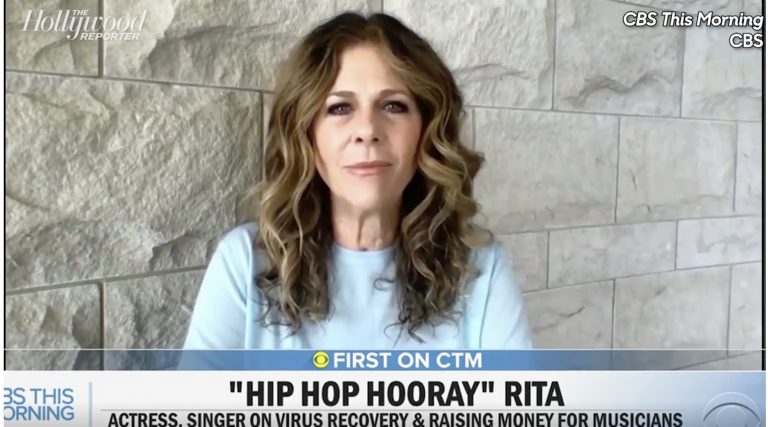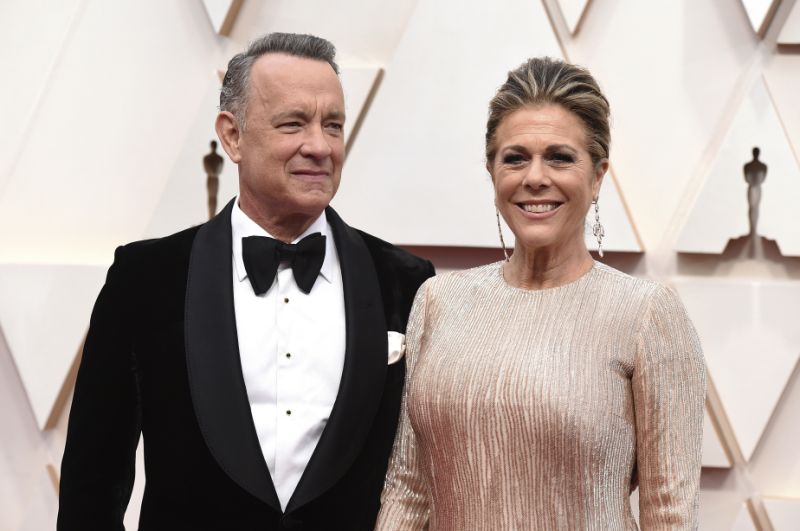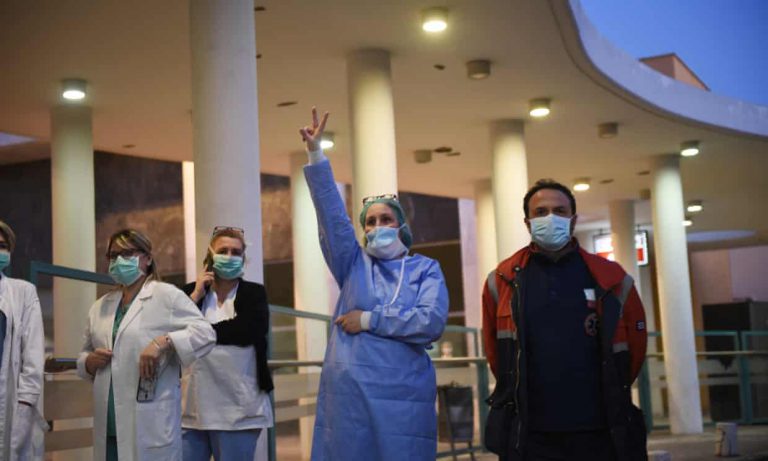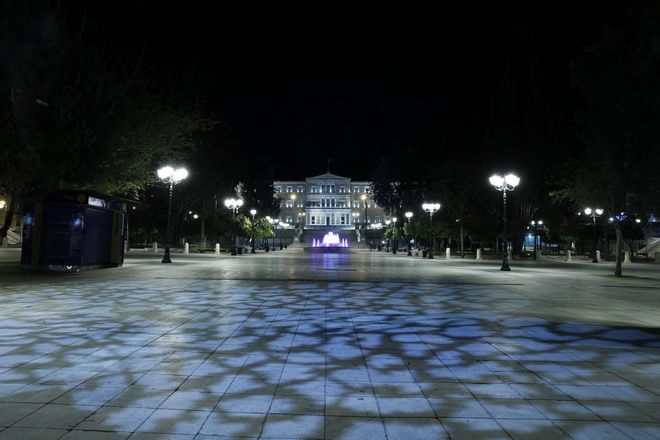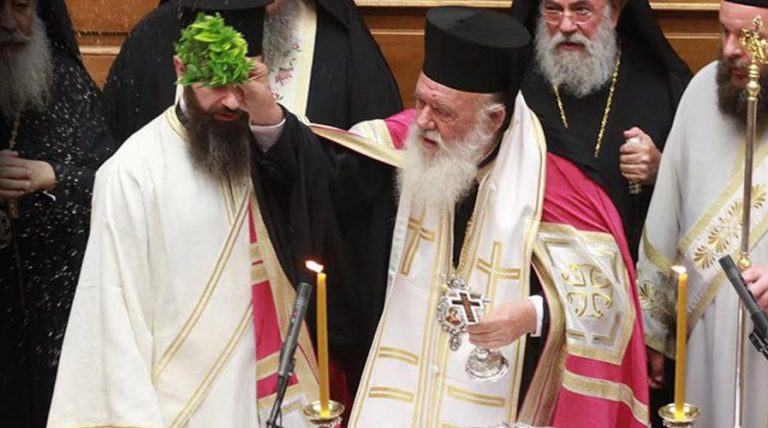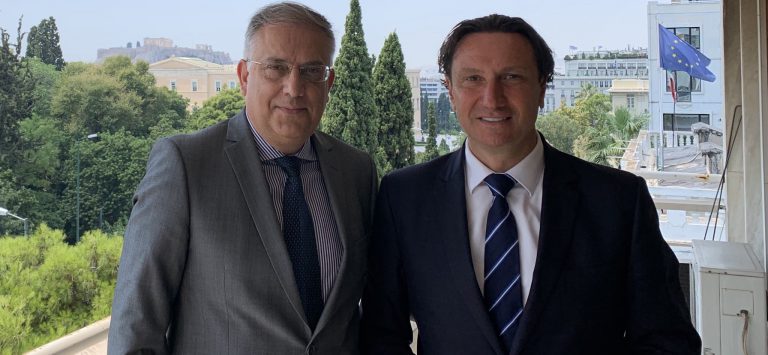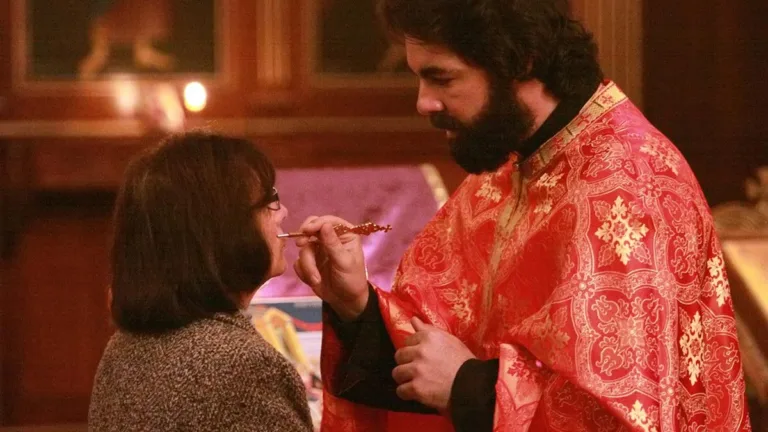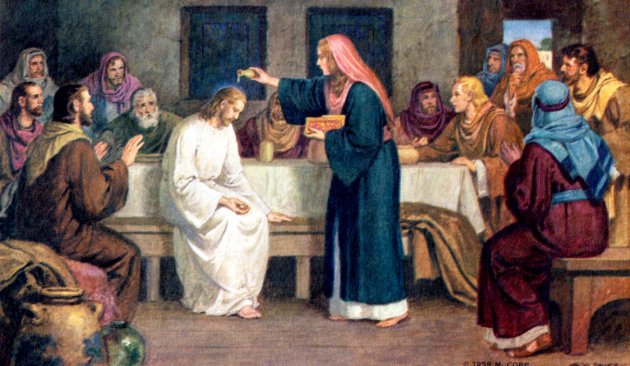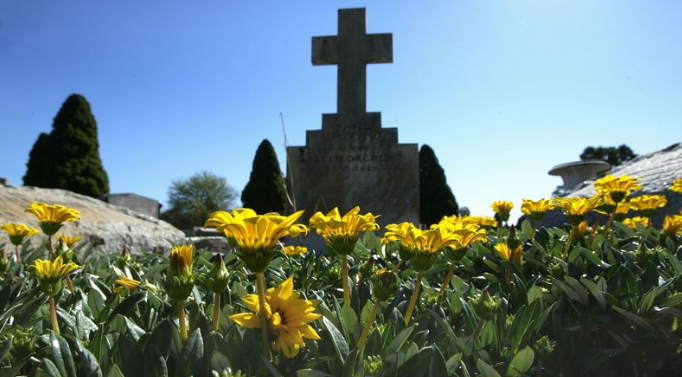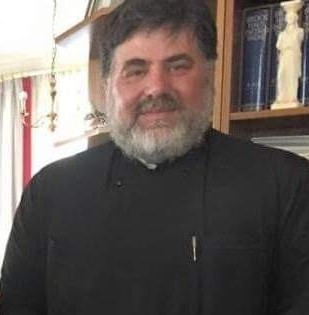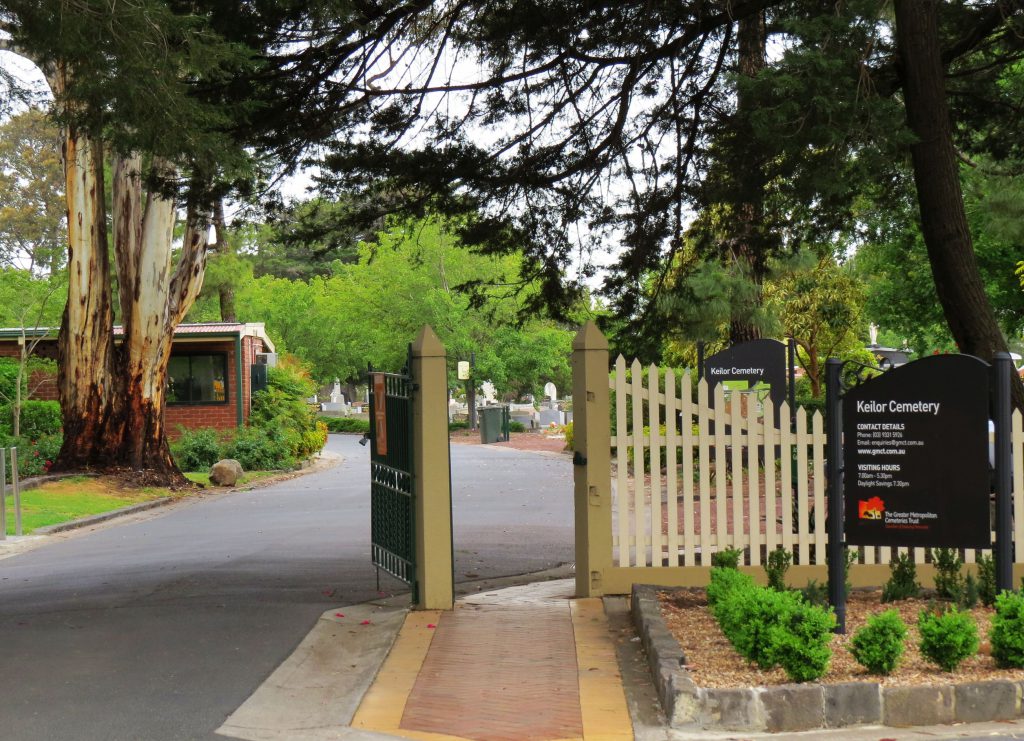The Greek Community of Melbourne (GCM) has recently released a coordinated response over the past few weeks focussed on developing a coordinated response for Greek citizens without Australian rights navigating the COVID19 pandemic alongside the response to its own affairs.
In doing so, the GCM has been in close consultation with the Victorian and Australian Governments, the Greek Orthodox Archdiocese of Australia, professional groups and various community organisations and community advocates.
Meeting with the Hon Alan Tudge
GCM President Bill Papastergiadis OAM and Hon Secretary Costas Markos met with the Acting Federal Minister for Immigration, the Hon Alan Tudge.
The meeting discussed many matters affecting the broader Greek community but in particular focussed on the plight of Greek temporary residents in Australia who fall outside of the various Government programs being introduced to support the broader Australian population.
Appeal to the Greek State
The GCM has written to the Greek Prime Minister Kyriakos Mitsotakis raising the issue of
Greek citizens in Australia on short term visas.
Further, the GCM President wrote to the Greek Minster of the Interior, Mr Theodorikakos with whom he also raised the plight of these people noting that they have fallen through the cracks of Australia’s efforts to support its citizens.
Mr Theodorikakos said that he was very concerned with the plight of any Greek citizen and whilst thanking the Greek Australian community for its efforts, noted that anyone who required assistance should make immediate contact with the Foreign Ministry of Greece.
Community Support
The GCM applauded the efforts of a number of community organisations, who as a result of the pandemic, have come together to prepare care packages for families affected by the pandemic in our community.
Specifically, the GCM highlighted the efforts of Pontiaki Estia, Merimna Pontian Ladies Association, the Pancretan Federation, and the Pallaconian Brotherhood. These organisations are calling for the donation of food, clothing, and hygiene products.
Any individual or organisation seeking to help can contact Litsa Athansiadis (0421 804 968) and or Tony Tsourdalakis (0419 856 736).
Helpline
In the meeting with Minister Tudge, the GCM proposed the establishment of a helpline to
help service and direct members of the community and in particular Greek citizens who don’t
qualify for Australian programs. The Minister supported the establishment of such a service
an encouraged the GCM to take the initiative and see it through.
The GCM further announced that as of Thursday 16 April, they will be offering a free HELPLINE service from its HQ, with the aim of directing community members, but in particular Greek citizens, accordingly during this crisis.
The service will operate from 9AM to 5PM offering a conduit for all the various programs to
be accordingly promoted to the people who will be most in need.
Simply call on 03 9662 2722 or via email at info@greekcommunity.com.au.
The Archdiocese’s Northcote District COVID-19 Relief Program
After communication with the Archdiocese over the community response to the pandemic, the GCM President spoke in person with the Greek Orthodox Primate of Australia, His Eminence Archbishop Makarios and with the Northcote District’s Archiepiscopal Reverend Evmenios.
The GCM announced that they support the Archdiocese actions at this time, including its social relief program in the Northcote District. Specifically, the GCM supports the call for donations of goods (food, clothing and hygiene products) at the following locations:
- Holy Monastery of Action (“Axion Estin”) – 7 Hartington St, Northcote.
- St. Paraskevi Parish – 22 Marsden Crescent, St Albans
- Parish of visitation of the Lord – 23-29 Victoria St, Coburg
- Transfiguration Parish of the Savior – 45 Poplar St, Thomastown
